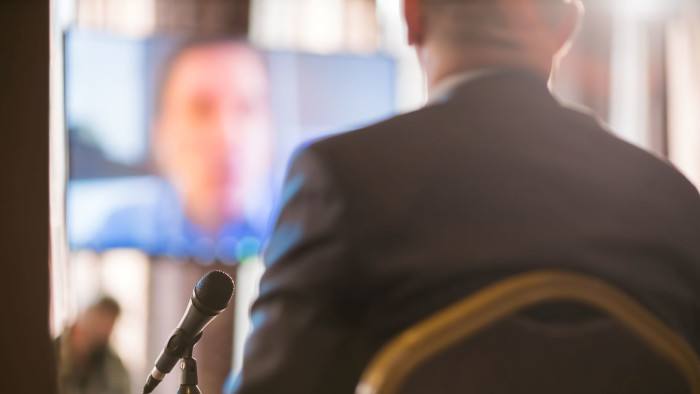
On 14 September the Police, Crime, Sentencing and Courts (PCSC) Bill had its second reading in the House of Lords. The PCSC bill is one of the most dangerous pieces of criminal justice legislation in years and contains measures that would undermine numerous fundamental human rights. This includes the right to a fair trial, due to the Bill’s proposed expansion of video and audio links in criminal proceedings.
Video and audio link proceedings were introduced in response to the pandemic, meant as an exceptional measure to facilitate criminal justice proceedings during lockdown. During the debate, the Minister of State, Home Office, (Baroness Williams of Trafford) said that the government is facilitating the ongoing use of audio and video technology in our courts and tribunals, building on the “successful” use of remote justice during the pandemic. We strongly disagree with this.
Remote justice might increase efficiency, such as ensuring less unnecessary travel, but cost-cutting and timesaving should never be chosen at the expense of fundamental rights. We know that remote hearings often have an adverse effect on defendants’ right to access effective legal assistance, to participate effectively at their own hearings and to review and challenge information and evidence being presented. Baroness Williams also said that the decision as to how a hearing is conducted will remain a matter for the judiciary. This is incredibly concerning as judicial discretion should not replace defendant’s consent to participate in remote proceedings.
Since the pandemic began, no impact evaluation has been undertaken by the government on the effect of these exceptional measures that it now seeks to make permanent. We agree with Lord Thomas of Gresford that a full evaluation of impact of remote proceedings is needed, and we ask for the government to commission observational and ethnographic research, disaggregated data gathering, or research on the impact on remand, sentencing, and legal representation.
Importantly, Lord Thomas cited research from the Equality and Human Rights Commission (EHRC) which showed that video hearings are unsuitable for disabled people, such as those with learning difficulties, cognitive impairment, or a mental health condition. We ask for action to be taken to address this, including amending the Bill to include health needs screening for all defendants who face video and audio link hearings.
Baroness Sater cited research by the Alliance for Youth Justice which suggests that remote justice can hamper the effectiveness of participation in court proceedings by children and can impact negatively on justice outcomes. We agree that there is little reference in the Bill to provision for the welfare of children regarding the expansion of remote proceedings, and there is a lack of safeguards which guarantee protection of the best interests of a child accused of a crime.
According to Baroness Williams, there is recognition that children have specific needs and that the courts have a statutory duty to have regard to the welfare of children. However, we are concerned that children’s fair trial rights are not being addressed. Children in court, many of whom have communication difficulties, are unable to participate effectively in proceedings, communicate with their legal representative, or understand what is happening, and as a result their rights are compromised. Baroness Sater requested that the default position for children should always be that they never appear via video or audio link for non-administrative hearings. We believe children should be automatically excluded from consideration for video or audio link.
Alongside Transform Justice and Just for Kids Law, we are challenging the Bill’s proposed expansion of remote justice, read our joint briefing here.

